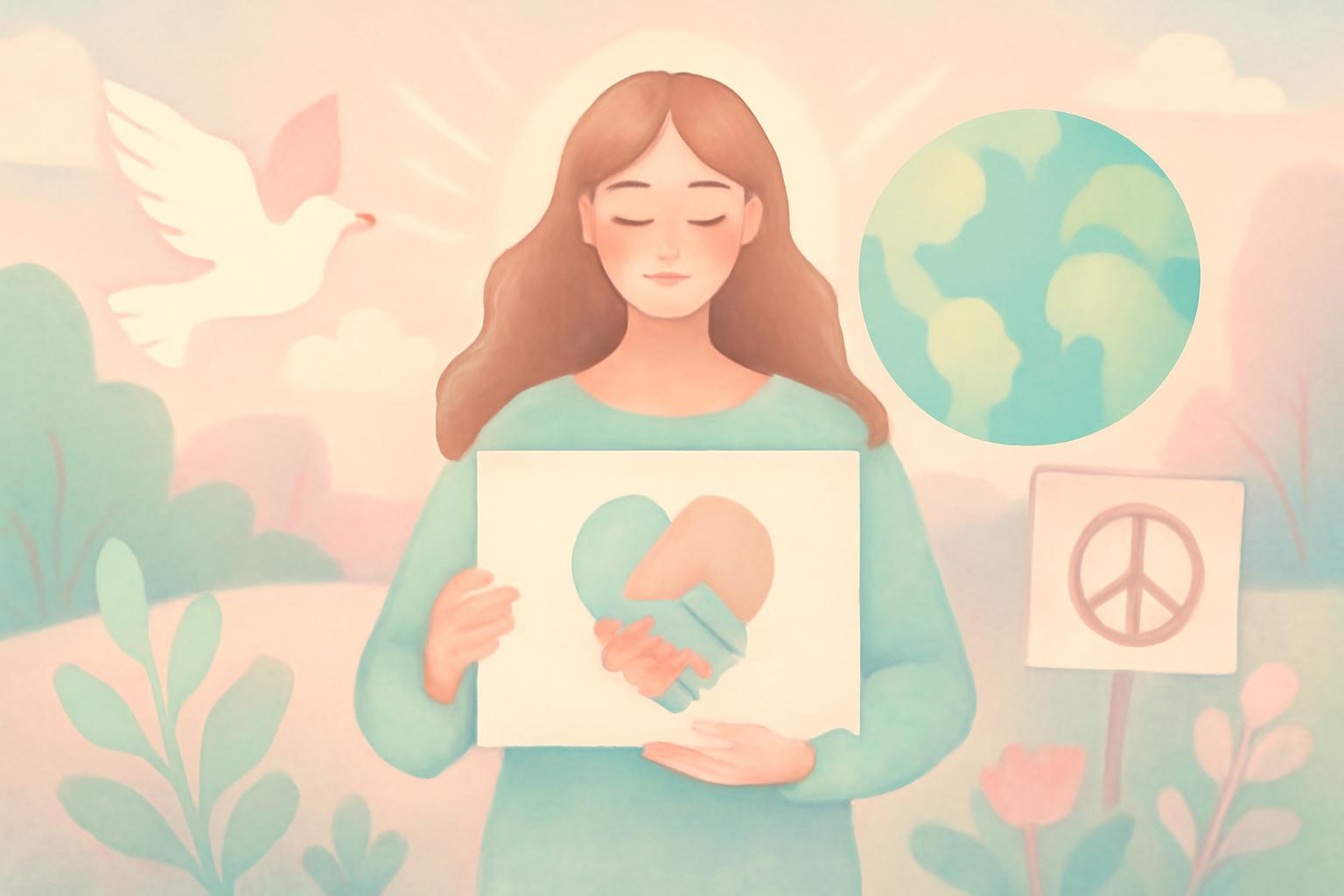A sea of voices rose in Tel Aviv, a city-wide chorus gathered for what organizers named Hostage Square: a demand for the release of those held, an end to the war, and a path toward a comprehensive exchange. People spoke with pain and love in equal measure—families whose days are measured by longing, mothers and fathers who walk with the quiet bravery of land-keepers who refuse to abandon hope. Some called for a deal that would free all hostages; others urged faith in accountability and swift, humane resolution. The air held both the ache of lives disrupted and the stubborn glimmer of possibility, even as political rooms debated timing and terms, sometimes without addressing the heart of the matter.
And yet, beyond the banners and the chants, the Earth herself bears silent wounds. The same hands that cradle children also cradle the scars of cycles we have allowed to persist: the hum of machines extracting, transporting, shaping, profiting—while water becomes scarce, soil erodes, and forests thin. The violence of borders, of blockades, of militarized risk, is inseparable from a history of conquest and colonization that has long mined land and people alike for power. We must name the truth: colonial mindsets, formal or informal, have carved lines in the map that echo through generations, while the needy—those who cradle life at the margins—are asked to endure the consequences of decisions made far from their kitchens and classrooms. The toxic capitalist engine treats life as a resource to be mobilized, priced, traded, and defended, leaving healing and dignity to be purchased at a premium.
In this present moment, the march becomes a prayer for both peoples to breathe again. For Mother Earth, the call is to end the violence of extraction and to honor the reciprocal vow between land and nourishment. For humanity, it is a summons to dismantle the structures that profit from fear—systems that push some toward ruin while others accumulate power. We need a justice that does not vanish into a new regime of control, but roots itself in care: ceasefire with real accountability, humanitarian corridors that honor every life, and a peace process that centers the rights and dignity of all communities, including those who have suffered displacement, loss, and ongoing insecurity. Reparations must flow toward healing landscapes—schools, clinics, shared water, reforestation, and regenerative economies built on cooperation rather than conquest.
Let us imagine a horizon where colonial legacies are acknowledged and reversed, where borders are opened not to intensify surveillance but to nurture dialogue, truth-telling, and reconciliation. Let the political will align with the rhythms of the seasons: sow seeds of justice, water them with mercy, and harvest a future where children grow up in safer communities and healthy ecosystems—where hostages return to home, and all who have loved ones held reflect the chorus of global solidarity. The healing of Earth and the healing of human societies are not separate undertakings; they are two flows of the same healing river. In this moment, may we choose policies, voices, and practices that protect the fragile beauty of life, repair the torn soils of history, and foster a world where care, consent, and community lead.
